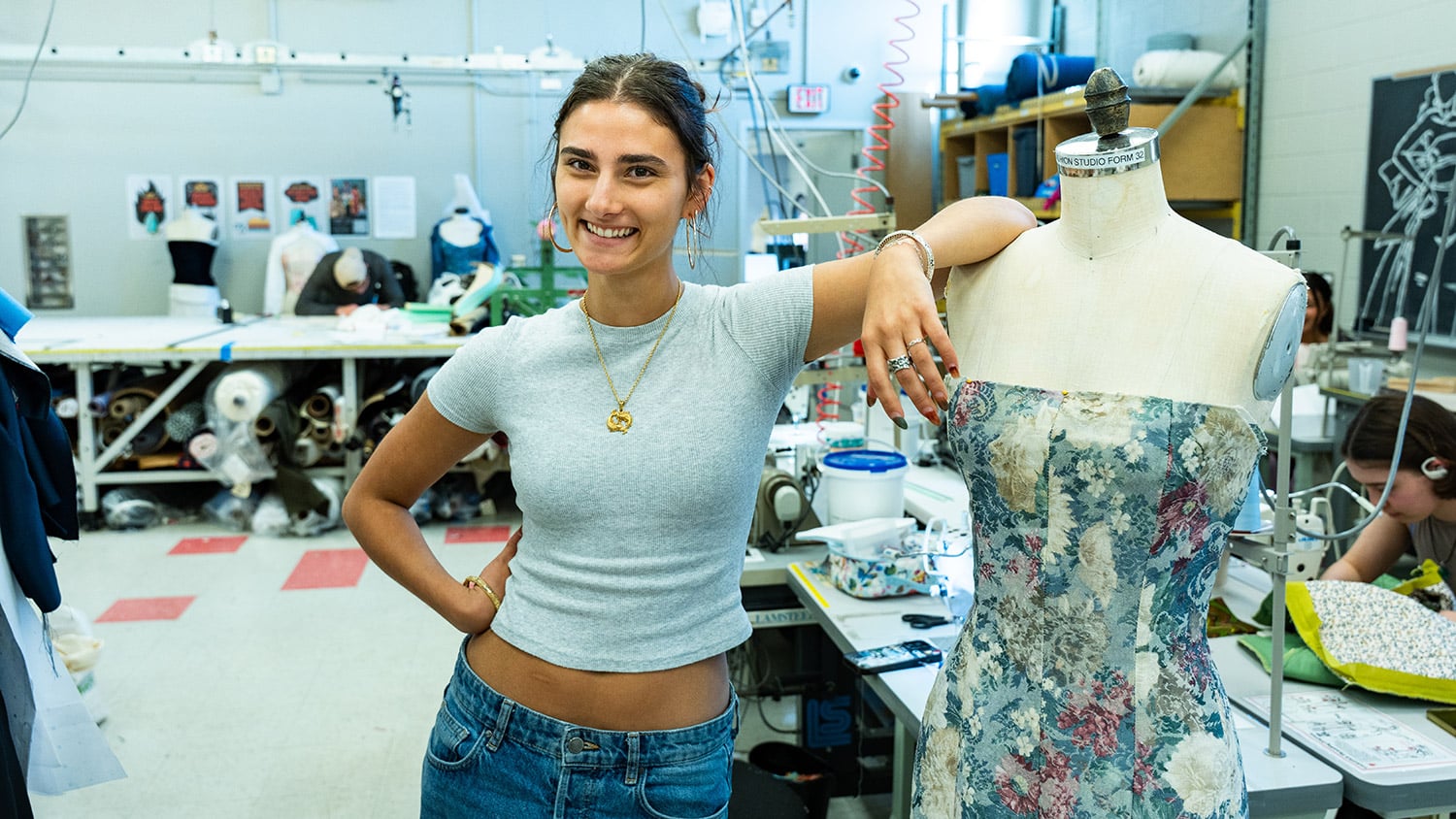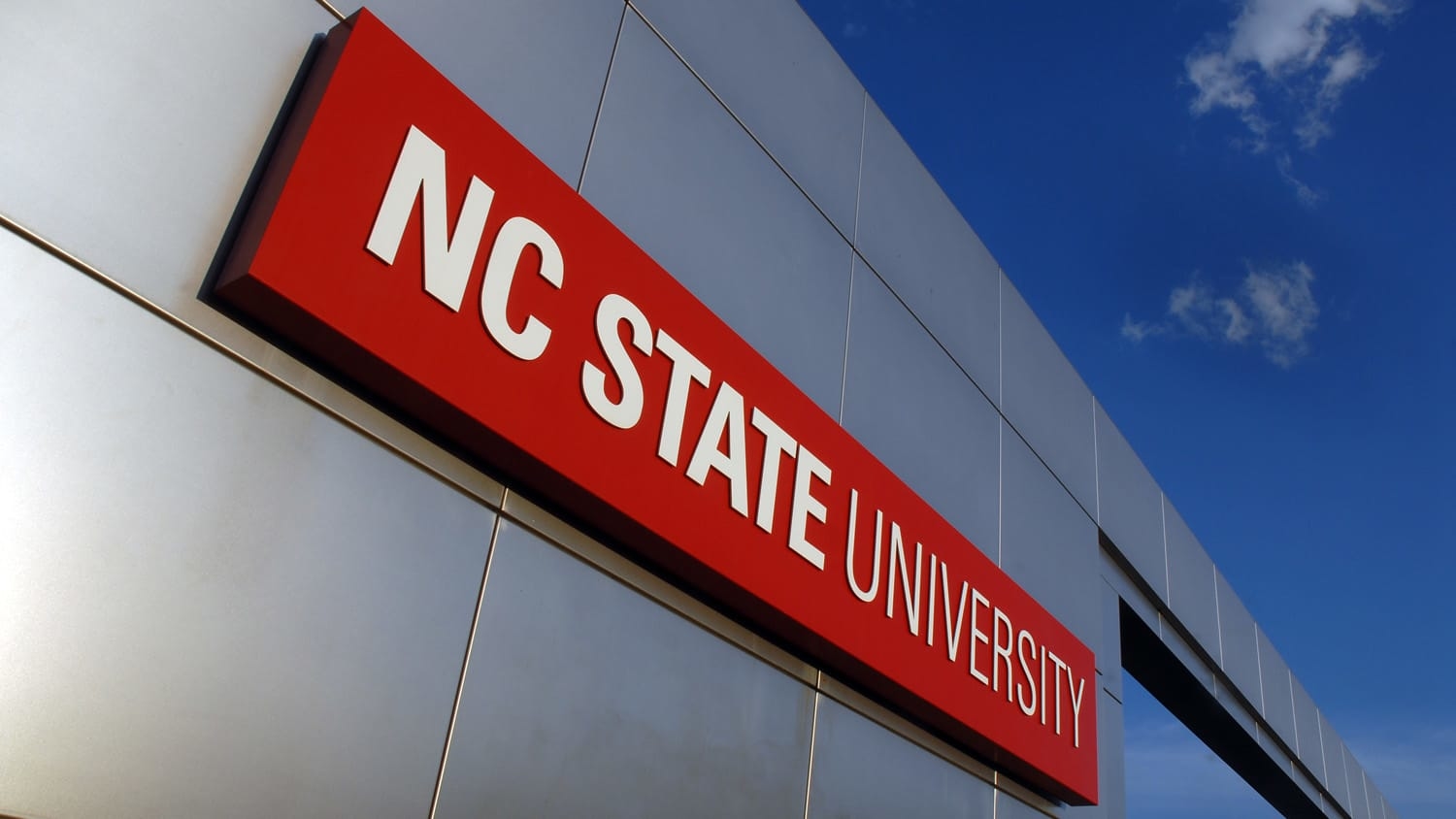Radiation Detection for the Smartphone Era
The critical first step in responding to any radiation emergency – whether it’s a leaking nuclear reactor or a dirty bomb – is identifying the problem in the first place. And an undergrad at NC State has developed technology that could change the way we monitor radiation.
Mark Delgado, a senior at NC State who is majoring in nuclear engineering, has invented a wireless radiation detector that can be used with wireless devices such as Android smartphones. Called the Koyr Geiger, the device is no bigger than a smartphone itself.
The device could be used in nuclear energy and medical facilities to monitor radiation levels and transmit those measurements directly to a facility’s computer system, giving the facility real-time radiation safety data. “It could be used for advanced area monitoring, where the detector is stationary – or it could be part of a constantly moving network of monitors, with detectors clipped to the belts of employees,” Delgado says.
In addition, because the Koyr device uses a mobile platform, it could also be used to create a much larger radiation monitoring network, with detectors reporting data to a central computer. “For example, if detectors were mounted on police cars, and there was a dirty bomb incident, the server could use the GPS capability of the mobile platforms and the real-time radiation measurements to quickly zero in on the source of the radiation,” Delgado says.
Delgado began developing the concept of the Koyr Geiger in his Wood Hall dorm room at NC State. As a sophomore nuclear engineering student, Delgado says he was inspired by the discovery that “radiation detection technology hasn’t really changed much since the 1960s.” During his junior year, Delgado was confident enough in his new technology to launch Koyr Inc.
“We debuted a prototype for the Koyr Geiger and its mobile networking capability at the 2012 conference of the Institute for Nuclear Materials Management,” Delgado says. “We got a lot of positive reviews, and our first customer – a national lab.”
Delgado credits NC State’s Entrepreneurship Initiative and Office of Technology Transfer with helping him turn his invention into a viable business opportunity. “Once the idea outgrew my dorm room, the Entrepreneurs Initiative at NC State provided me with the scientific instruments and work space I needed to develop the concept – as well as networking and mentorship opportunities that helped me kickstart this venture.”
Delgado and his device are competing in Startup Madness, a competition involving entrepreneurs from 14 universities.
- Categories:


